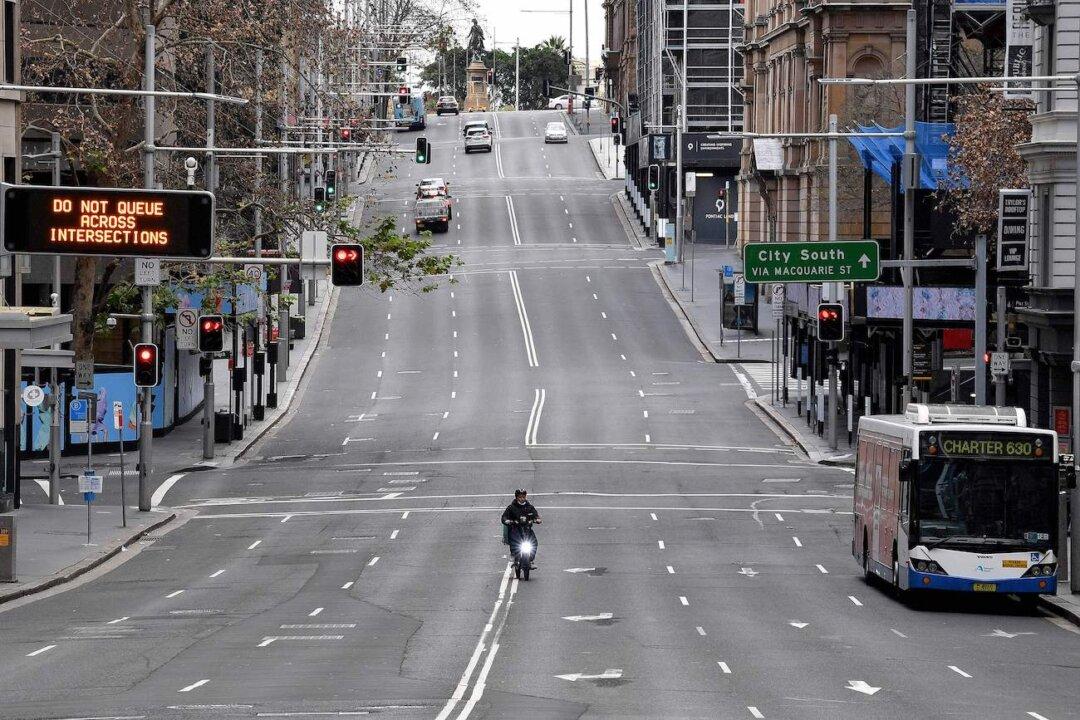A record number of Australians are juggling two or more jobs as COVID-19 lockdowns and restrictions push workers into the gig economy, the Australian Bureau of Statistics (ABS) has revealed.
Newly released data from the ABS revealed that 6.5 percent of the Australian working population now had more than one job during the June quarter, the highest figure since the ABS began tracking the data in 1994.





